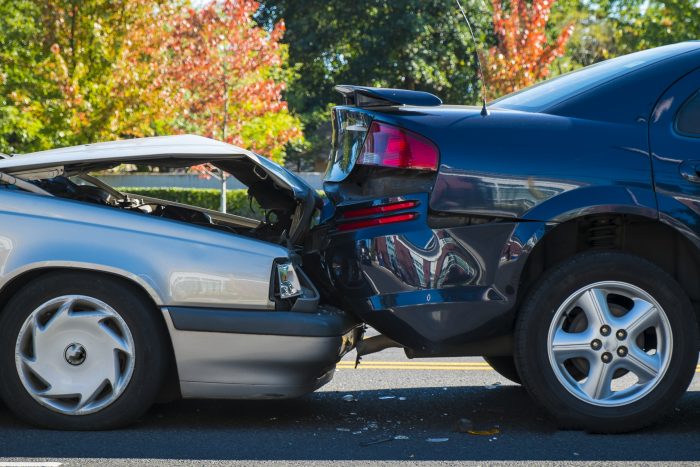You Be the Judge: Post-Accident Testimony Raises Compensability Questions

Bear’s Tire, a mobile commercial vehicle tire changing service, was operated its owner and two commercial tire changers. The owner worked from his home office. He also owned several apartment buildings.
The owner arranged for one of the tire changers to meet him at a restaurant. The owner left his home and was driving on the interstate toward the restaurant when a vehicle driving the opposite direction hit him head-on.
The owner filed a claim for workers’ compensation benefits. His claim was approved by the Bureau of Workers’ Compensation.
He also sued the driver of the wrong-way vehicle. During his deposition in that case, the owner stated that he was driving to meet the tire changer as a morale booster and to ask him to work for his apartment business since the tire changing business had been slow. The bureau sought to vacate the award of workers’ compensation benefits.
The owner explained that during the winter months, Bear’s business was slow and he would occasionally ask employees to perform tasks at the apartments. This guaranteed employees full-time employment in the winter months. The employees’ wages were paid through Bear’s.
The owner said that there were significant costs in training new employees, and the employees said that if they did not work full time, they would have looked for employment elsewhere.
The trial court concluded that the owner’s injury was in the course of and arose out of his employment with Bear’s. The bureau appealed.
Did the trial court properly award benefits to the owner?
- No. The owner was not acting as a Bear’s employee at the time of the accident because he was on a purely personal mission.
- Yes. The owner’s injuries occurred in the course of and arose out of his employment with Bear’s
- No. The owner’s actions were not authorized by Bear’s.
How the Court Ruled
A is incorrect. The court found that the owner’s actions were known and sanctioned by Bear’s, who paid for its employees’ occasional work at the apartments and derived a benefit from retaining its highly trained employees during times of slow business. The court found that the owner’s purpose for being on the road was for the purposes of meeting with the tire changer in furtherance of Bear’s business.
C is incorrect. The court found no merit to the argument that the owner’s actions were not authorized by Bear’s. The owner and Bear’s former employees stated that the practice of sending employees to work at the apartments was an occasional but customary practice when work was slow.
B is correct. In Stewart v. Bear’s Tire, et al., No. CA2018-08-162 (Ohio Ct. App. 05/13/19), the Ohio Court of Appeals held that the owner was entitled to benefits.
The court explained that the accident occurred on a workday during the owner’s normal working hours while the owner was traveling from his home office to meet with an employee. The meeting was partially intended as an employee morale booster. The court also found there was a benefit to Bear’s in finding work for its employees during slow months.
Editor’s note: This feature is not intended as instructional material or to replace legal advice.










